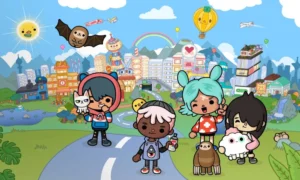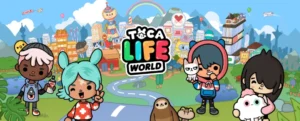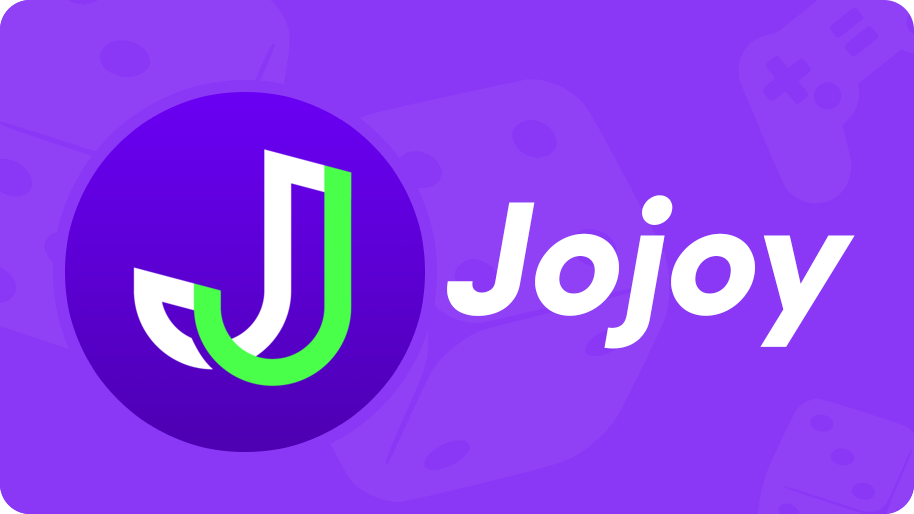In the digital world where technology is reshaping traditional forms of entertainment, children’s gaming has become a vibrant ecosystem offering diverse experiences. Among the leaders in this space is Toca Boca, a studio renowned for its imaginative, open-ended apps that encourage creativity in children. In recent years, Jojoy Toca Boca has become a term gaining traction, as fans and users increasingly seek ways to enhance their interaction with Toca Boca’s universe. But what is Jojoy Toca Boca, and how has it become such a cultural phenomenon among young players? This article delves deep into the world of Jojoy Toca Boca, exploring its impact on creative digital play.
What is Toca Boca?
Before diving into Jojoy Toca Boca, it’s essential to understand the foundation that Toca Boca provides. Toca Boca, established in 2010, is a Swedish digital toy company dedicated to creating play experiences that foster creativity, exploration, and imagination. Its apps are designed with an open-ended approach, allowing children to create their own narratives rather than following a rigid storyline.
The company’s apps, like Toca Life, Toca Kitchen, and Toca Hair Salon, are all set within rich environments where children can explore, interact with objects, and develop their own storylines. The games focus on creative problem-solving, role-playing, and imaginative play rather than adhering to traditional gaming objectives such as points or missions. This approach appeals to both children and parents, as it allows kids to engage in non-competitive, constructive activities that nurture their inner creativity.

The Appeal of Jojoy Toca Boca
Now, what exactly is Jojoy Toca Boca? Jojoy is a term that has become synonymous with an emerging subculture of Toca Boca fans who are looking for modified or enhanced versions of the Toca Boca games. These mods often include additional features, unlocked items, or unlimited in-game currency, which are otherwise behind paywalls in the official version. By offering such features, Jojoy opens up new creative possibilities for children, enabling them to fully explore the Toca Boca worlds without restrictions.
The appeal of Jojoy Toca Boca lies in its ability to extend the possibilities within Toca Boca’s framework. For example, in the popular Toca Life World, players can access numerous locations and characters. In the standard game, many of these options are available only through in-app purchases. Jojoy’s versions, however, unlock everything from the start, allowing children to create and build with a complete set of tools. This expanded access can fuel a child’s creativity even further, making Jojoy Toca Boca a popular choice for those looking to maximize their Toca Boca experience.
The Creativity Behind Jojoy Toca Boca
One of the greatest strengths of Toca Boca’s platform is its emphasis on open-ended play. By removing the need to achieve a specific goal or complete missions, the games encourage children to come up with their own narratives. Jojoy Toca Boca enhances this aspect by providing more resources for players to experiment with.
In games like Toca Life World, players can create entire cities, design unique characters, and even simulate real-world scenarios like going to school, working at an office, or throwing a party. Jojoy’s modded versions, which unlock all the in-game purchases, offer even more scope for world-building and storytelling. With unrestricted access to every location, character, and item, children are free to construct any narrative they want, limited only by their imagination.
Ethical Considerations of Jojoy Toca Boca
However, despite its popularity, the world of Jojoy Toca Boca is not without controversy. At its core, Jojoy relies on modding, which involves altering or bypassing the original game’s code. While this may not seem like an issue to casual users, it does raise ethical concerns. Toca Boca, like many game developers, relies on revenue from in-app purchases to continue creating and updating their content. By providing free access to items and features that are otherwise paid, Jojoy undercuts this revenue stream.
This dynamic leads to a debate about the ethics of modifying apps. On the one hand, supporters of Jojoy argue that it democratizes access to creative tools for children, particularly for those who may not have the financial means to purchase in-app items. On the other hand, critics point out that game developers need to be compensated for their work to continue providing high-quality content.
Additionally, there are concerns about security risks when downloading modded versions of apps like Jojoy Toca Boca. Unlike official versions available on platforms like the Apple App Store or Google Play Store, modified versions are often found on third-party websites. These can pose risks of malware or breaches of privacy, which is especially concerning when children are the primary users.
The Educational Value of Toca Boca and Jojoy
At its core, Toca Boca offers far more than just entertainment—it provides educational value by encouraging cognitive development through creative play. Children who engage in Toca Boca’s open-ended environments are exercising their problem-solving skills, creativity, and social-emotional learning. They learn how to navigate complex situations, experiment with different roles, and use their imagination to generate new possibilities.
Jojoy Toca Boca can potentially augment this educational value by providing children with even more tools to explore these concepts. For example, a child using the modded version of Toca Life World can experiment with a wider array of settings and characters, learning about different societal roles and cultural environments.
Nevertheless, it’s important to strike a balance between using modded apps like Jojoy and supporting developers who create these valuable educational resources. When parents or educators choose to use modded apps, they should be mindful of the ethical implications and the potential risks associated with third-party downloads.

The Future of Jojoy Toca Boca and Digital Play
As digital play continues to evolve, platforms like Toca Boca will undoubtedly play a key role in shaping how children engage with technology. The rise of Jojoy Toca Boca reflects a growing demand for more accessible and customizable play experiences. As game developers continue to innovate, they will need to consider how to balance creativity with monetization, ensuring that children from all backgrounds can access high-quality digital toys.
In the future, we may see game developers like Toca Boca offering more flexible pricing models or providing additional free content to meet the needs of their diverse user base. As Jojoy Toca Boca continues to grow in popularity, it serves as a reminder that the digital play landscape is changing—and developers will need to adapt to these shifts to continue providing engaging and inclusive experiences for children.
Conclusion
Jojoy Toca Boca stands at the intersection of creative digital play and accessibility, offering children an expanded set of tools to fuel their imagination. While it raises important questions about the ethics of modding and app monetization, it also underscores the importance of providing enriching, open-ended play opportunities for all children. As Toca Boca and its fanbase continue to grow, the balance between innovation, accessibility, and fairness will remain central to the future of digital gaming experiences.
